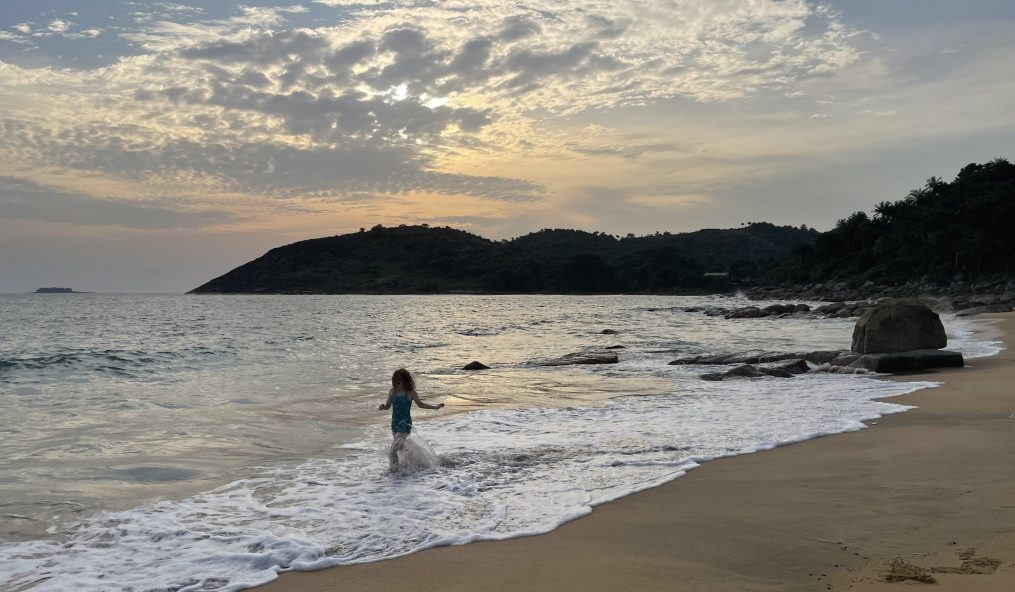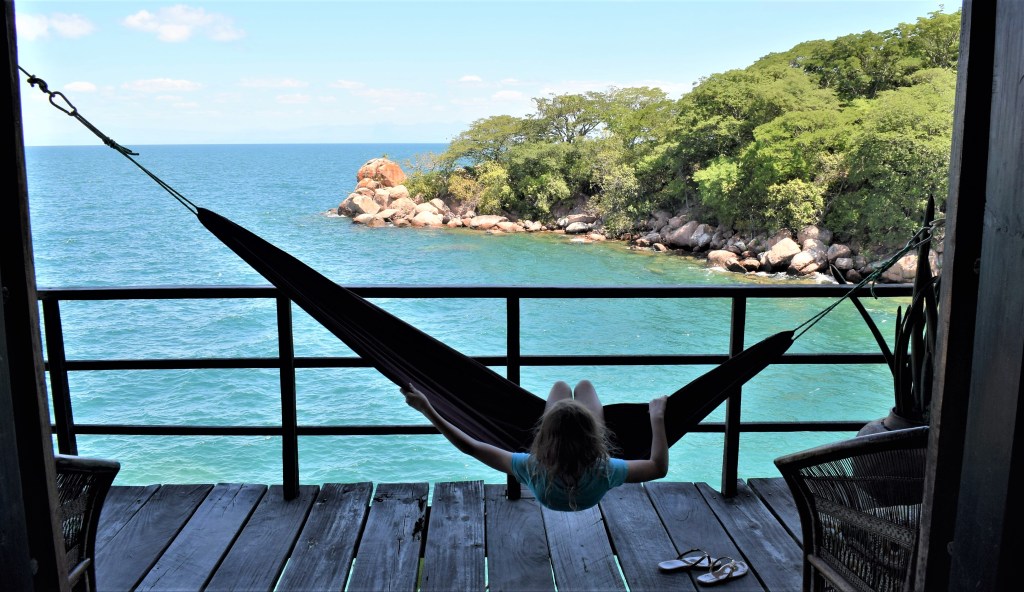
100 days. Oh my goodness. It does not seem like anywhere near enough time, but it is all the time we have left in Malawi. After nearly four years, it is time for us to wind down this tour and prepare for the next part in this grand adventure.
There is SO much to do to prepare! I have been able to already obtain my travel orders, which is the document that lays out all of the employee’s and family member’s costs in moving from Point A to Point B. For me, my travel orders begin with our departure from Lilongwe, time and location of our Home Leave (congressionally mandated time spent in the U.S. reorienting ourselves to our homeland between overseas assignments), training, per diem, the movement and storage of our household goods and personal effects, and finish with our arrival date in Conakry, Guinea. Having my travel orders lets me move forward in obtaining our plane tickets and reserving housing in an apartment that allows for direct billing with the State Department. I have made my requests for both.
This might seem pretty straightforward, but its anything but, especially given so much of the work falls on the employee themselves and much is still mucked up by the COVID-19 pandemic. For example, it is about 100 days from departure. I had a particular date in mind and in the before times, when Ethiopian Airlines flew daily it would not be an issue. But at present Ethiopian Airlines flies in and out of Lilongwe only four times a week. This could change in the next 100 days…or not. Hard to say. Therefore I have requested flights to depart on the closest day available to my preferred date. If schedules change, I can change our flights, but if it goes on too long I would just leave it as is because there are other things riding on our flight, such as reserving a spot on the plane for my cat. Organizing international pet travel is expensive, complicated, and involves some tight timelines. I would rather not make it any harder than it already is. (See here for some examples of past pet travel torture, I mean, experiences)
Additionally, right now I have some gaps in my training schedule as our Foreign Service Institute, where U.S. diplomats take the bulk of their training, is taking a conservative approach to scheduling courses. I am eager to fill in those gaps so I do not end up paying out of pocket at DC-level hotel rates, but thus far have not found suitable classes. In one of those weeks there are only three classes available: a State Department familiarization course for locally-employed staff, Iraq familiarization, and an Overseas Building Organization Project Management course. Not of these are remotely related to my current or future work as a political officer in Africa. I still have 100 days for hopefully an appropriate course to present itself, but the time feels short.
I need to register my daughter for school for the first time in the U.S. Seems like that ought to be rather straightforward, right? Except I do not have an address in the U.S. I first need one to figure out which school she will attend, and then they are also considered necessary for the registration process. The school district requires an additional two forms of ID with the address on it as secondary residential proofs. As I am not a Virginia resident, I am unlikely to obtain those at all in the course of the 10-11 months I am in the U.S. I am most surely not the first U.S. Foreign Service Officer to move to northern Virginia with a school-aged child, but that does not mean that I won’t be made to feel like I am.
And then there is the preparations for packing up all our things. With a year largely teleworking, I have had a lot more time to look around the house at all the things we have acquired. We have over the past year said goodbye to a few things here and there, but there are many more still in our possession. With what we have remaining, I must determine what to get rid of (to throw away, to donate to the refugee camp or give to staff or others, or to sell) and what to take (either in our suitcase so we have on Home Leave, or place in our Unaccompanied Baggage (UAB), which we will then have shipped via mail to our training address, or pack up and send to storage where it will remain for about a year before we receive it in Guinea.
Every day in my house, everywhere I look, there are so many material things. When I open my closet to dress for the day, I see what I need to parse through — what stays, what goes, what was I thinking? In the cabinets, I see sunscreen and vitamins and toothpaste that all need to be used up, trying to work out the delicate dance of having not too much or too little, but just enough to stretch the next 100 days. Every time I step into my pantry I am greeted with foodstuffs that must be consumed in the next three-and-a-half months. Every room of my house is fraught with decisions staring me down. My Amazon purchases are declining, taking away one of the great pandemic joys of both “revenge bedtime procrastination” shopping and the giddy feeling of receiving our once a week mail delivery.

I am trying to get a head start on this process. I recently thought back to my pack-out from Shanghai and shudder to think of repeating that mess. As the movers packed up C’s room, the living room, and the kitchen, I was madly trying to finish up in my bedroom, including going through a big pile of papers. After many hours the movers declared they were done — except I opened up drawers in both my room and the living room and cabinets in the kitchen only to find items yet to be packed and one of my cats was missing… I feared she had either been packed (it has been known to happen) or had fallen out of one of our 19th floor windows (as I found the window in the guest bedroom where she liked to sit open). Luckily, after lots of searching, I found her wedged between the master bed headboard and the wall; she was not fond of strangers.
We no longer have that cat; we lost her to cancer a year ago, in the midst of the early pandemic. Now, I just have to move one cat, which may or may not be easier. Also, an upside is that we have longer in the U.S. that right now I really only need to work on getting us from Lilongwe, to Home Leave, and then training. Amazing to think that the approximately 11 month we spend in the U.S. will be the longest C has spent continuously in her home country. Our previous stints were mid-April to mid-August 2017 between Shanghai and Malawi and July 2014 to January 2015 between Juarez and Shanghai. This coming fall will be the first we spend in the U.S. since 2014, seven years ago, and spring 2022 will be the first full spring since C was born in 2012. Guinea is on the more distant back end, leaving me a little breathing room before taking up the U.S. to Guinea move.
And I feel I need all the breathing room I can get. Already I can feel the emotional roller coaster of leaving the only place I have lived for four consecutive years since I lived with my parents before college. My almost 9 1/2-year-old daughter has spent nearly half her life in Malawi — she does not remember our time in Mexico, she still talks about our time in Shanghai though it has faded, and the time she has spent in the U.S. is associated with all-fun all-the-time Home Leaves and vacations involving Disney, best friends, and her cousins. Malawi is very much our home.
In recent weeks and months, I have felt a sense of nostalgia wash over me as I drive in Lilongwe or around the country or walk in my neighborhood or around my yard, already feeling a sense of loss for those things I will miss. We have been able to travel a lot around the country, even with the pandemic, and there are many beautiful locations to visit, but even within Lilongwe, one can come across pretty views in all kinds of places.

I will find myself thinking how much I might miss my commute, a particular road or landmark, even if it’s not particularly lovely, but because it has become familiar. The empty fountain at the roundabout on Presidential Way (I think I once saw it with water) that the protestors following the 2019 election spray-painted with graffiti. The guy who sells bananas from a makeshift stone table at the corner of Chayamba and Dunduzu roads. The view of a rock formation jutting out to the east of the city when I hit a certain rise on the road as I head toward the cotton candy pink Golden Peacock shopping complex on my home from the Embassy. I will feel a tug, as I try to commit it to memory for when I am no longer here to experience it first hand. And then some driver will do something ridiculous — like drive 20 kilometers under the speed limit or abandon his/her car in the middle of the road — or I fail to swerve for one of the now-you-see-them-now-you-don’t potholes and I will let loose a choice word or two that one should not use in polite company and then I’ll mutter “100 days to go…” and think about what next I need to do to make that happen.








